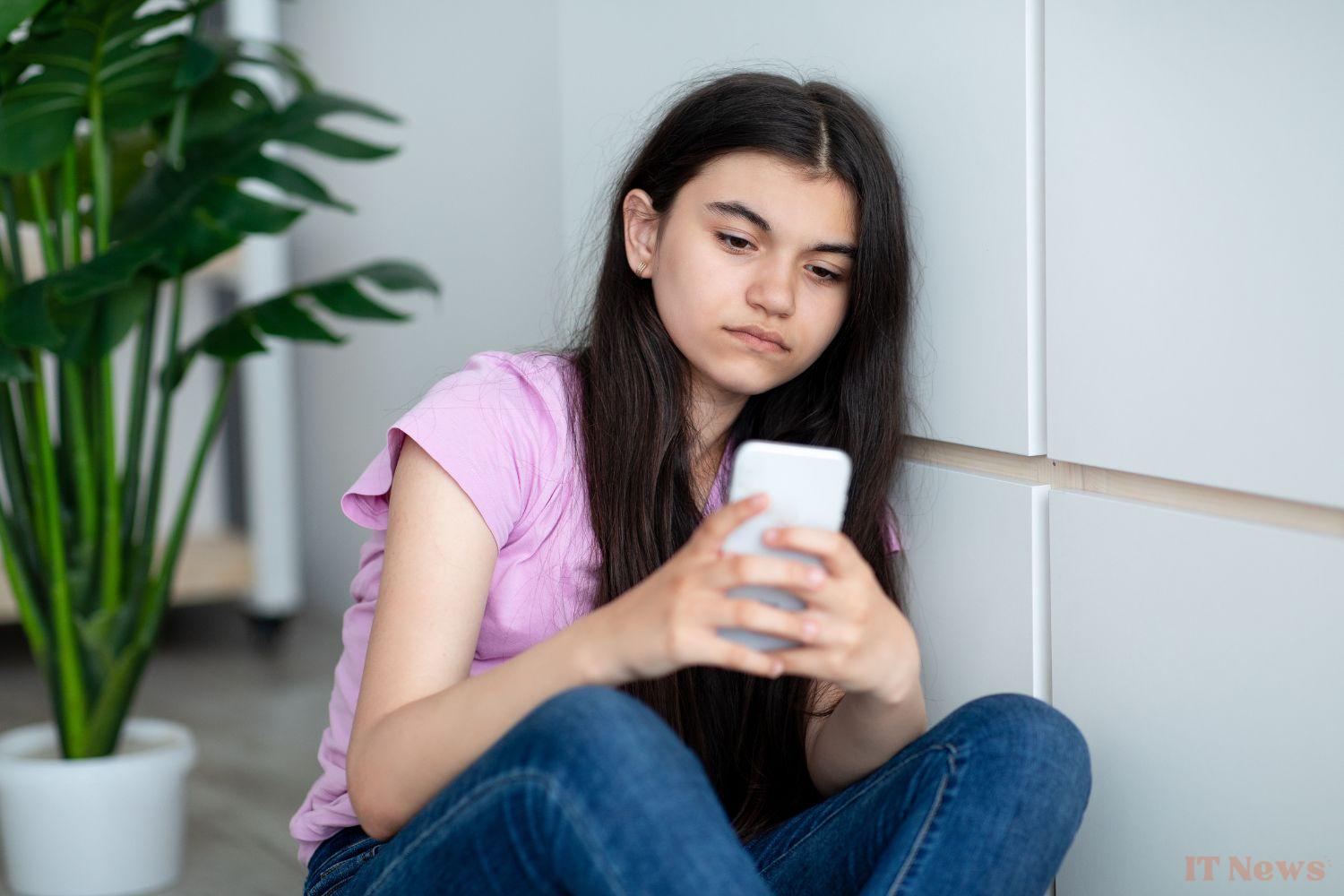Since 2018, a law has already banned the use of cell phones in schools and colleges, but it was limited to requiring that devices remain turned off and stored in bags. As expected, in practice, this rule was often circumvented. With the generalization of the digital break initiated by the Minister of National Education, Elisabeth Borne, middle school students will now have to leave their phones in lockers or secure pockets at upon their arrival and will not collect them until the end of the day.
Encouraging initial tests
This total ban results from an experiment carried out in 2024 in 180 middle schools, involving around 50,000 students. The feedback has been largely positive: improvement in the school climate, reduction of distractions in class and reduction of incidents related to school bullying. These results convinced the government to take the plunge and generalize the measure from the start of the next school year.
Élisabeth Borne also emphasized that this decision comes at a time when excessive screen use is increasingly criticized for its harmful effects on the mental and physical health of young people. A measure that is "essential for the well-being and academic success of our children," the government believes.
The ban on smartphones in middle schools has several objectives. First, limit distractions in class to promote concentration and learning. Second, reduce the risk of cyberbullying, amplified by constant access to social media. Finally, prevent tensions related to material inequalities between students, such as racketeering or phone theft. Quite a program.
A logistical and financial challenge
The implementation of this measure, however, raises several practical questions. Who will be responsible for checking that all phones are properly deposited? How can security be guaranteed? devices stored in establishments? And above all, who will finance the installation of the necessary lockers or secure pockets? The departments, responsible for financing school equipment, have already expressed their reluctance regarding these additional costs.
Also, while the government measure has received the support of a majority of parents and teachers, some experts remain skeptical about its real effectiveness. A study conducted by the University A study by the Birmingham School of Education concluded that banning phones did not improve students' grades or behavior in class. Instead, the researchers recommend a comprehensive approach aimed at reducing screen time outside of school. Some unions criticize the measure as disconnected from real educational issues, where the danger of uncontrolled use of the smartphone comes rather from the private framework, outside the school premises.
The generalization of the digital break marks a turning point in the management of new technologies in schools. It remains to be seen whether this ban will succeed in keeping its promises on the ground, or whether it will require adjustments to respond to the practical and pedagogical challenges that it raises.



0 Comments